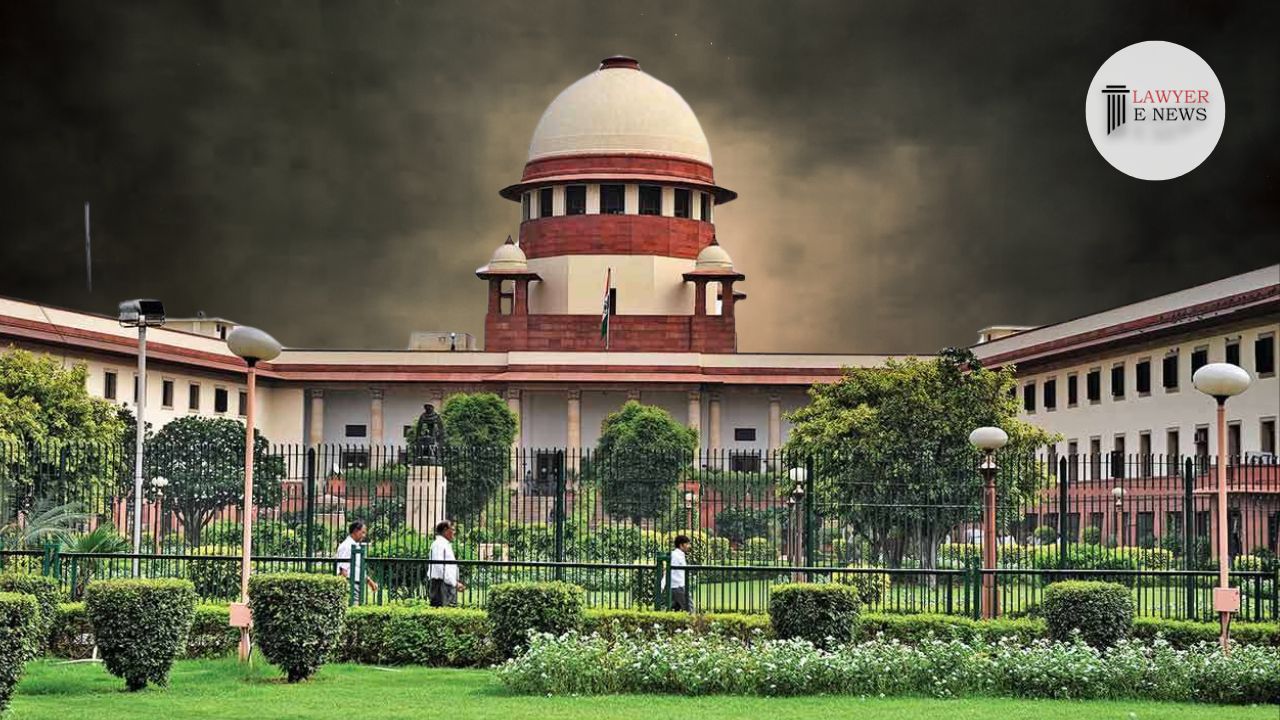-
by Admin
15 February 2026 5:01 PM



In a significant ruling, the Supreme Court of India, comprising Justices Sanjiv Khanna and Dipankar Datta, upheld the appointment process of Election Commissioners under the Chief Election Commissioner and other Election Commissioners (Appointment, Conditions of Service, and Term of Office) Act, 2023. The bench dismissed multiple petitions challenging the constitutional validity of the appointment procedure, specifically Section 7(1) of the Act.
Legal Context and Challenge: The petitions, filed under Article 32 of the Constitution, raised concerns over the appointment process, especially the replacement of the Chief Justice of India with a Union Cabinet Minister in the Selection Committee. Petitioners argued that this change jeopardized the transparency and fairness essential to democracy. They also highlighted procedural irregularities in the selection process.
Union of India’s Stance: In response, the Union of India justified the 2023 Act, detailing the formation and actions of the Selection and Search Committees. The Union emphasized the importance of the preponed selection meeting and the constitution of the committees, alongside the resignation of an Election Commissioner.
Court’s Assessment: The Court exercised judicial restraint, emphasizing the importance of not granting interim orders in cases questioning the constitutionality of legislation unless a provision is evidently unconstitutional. The bench refused to direct a re-selection process with the Chief Justice of India on the committee, stating it would amount to the Court creating new law.
Impact on Elections: Acknowledging the upcoming 18th General Elections for the Lok Sabha, the Court declined to intervene in the appointment of Election Commissioners, citing potential confusion and constitutional breakdown.
Procedural Concerns: While the Court expressed concern over the procedural shortcomings in the selection process, it refrained from issuing any directives, underscoring the need for proper deliberation and examination of candidates’ backgrounds in such important appointments.
Conclusion and Dismissal of Applications: The Supreme Court dismissed the applications for stay and other related applications, clarifying that its observations are tentative and not final as the matter remains sub-judice.
Date of Decision: 22nd January 2024.
Dr. Jaya Thakur & Ors. Vs. Union of India & Anr.,
